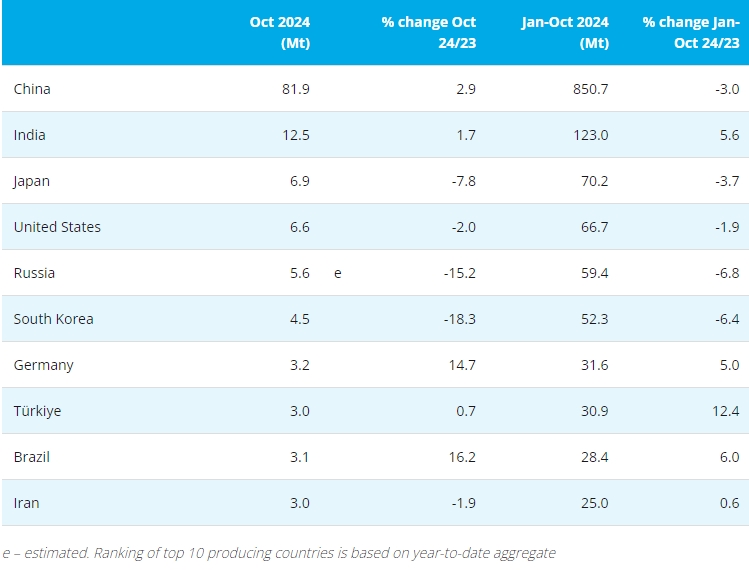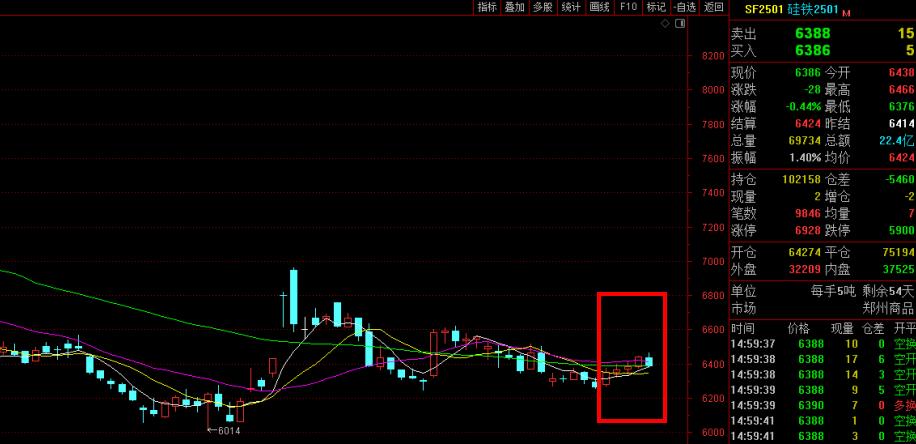[ferro-alloys.com]The International Lead Association will warn this week that the future of battery energy storage in Europe could be derailed if more regulatory restrictions are imposed, the ILA said Monday.
"The lead battery industry, which is meeting at its bi-annual conference in Austria this week, has highlighted the EU as the number one risk to the multi-billion-dollar manufacturing capability worldwide," the ILA said.
Proposals by the European Commission to restrict the use of lead and lead compounds will "jeopardise the entire industry" if EU officials successfully wave through new rules requiring authorization for the key components used in the production of batteries, according to the ILA's Andy Bush.
Bush will tell delegates at the European Lead Battery Conference on Wednesday that "we are facing in Europe the very real possibility of regulatory restrictions that could ultimately jeopardise our entire industry. We have to explain to the EU just how much harm this would do not only to this industry but to the Commission's own energy transformation aspirations to reduce harmful emissions and boost electrification," the ILA said.
EU officials could ask the REACH chemicals regulatory committee, which is made up of member state representatives, to restrict the use of lead compounds as early as this month, the ILA said.
In June the European Chemicals Agency moved to add lead metal to the EU REACH candidate list of substances requiring authorization.
The agency said lead was one of 10 new "substances of very high concern" added to the candidate list for authorization.
The candidate list is a list of substances that may have serious effects on human health or the environment; substances on the list are also known as substances of very high concern and are candidates for eventual inclusion in the authorization list.
Once they are on the authorization list, industry will need to apply for permission to continue using the substance after the sunset date.
"All battery technologies use potentially toxic materials in their manufacturing processes, and singling out lead batteries, which play an essential role in Europe's economy, is both disproportionate and counterproductive," according to Bush's comments.
He is also expected to argue that lead batteries should "enjoy a level playing field" with other technologies supporting the energy transformation and should not face more red tape, the ILA said.
Lead battery manufacturing is already highly regulated in Europe, and the batteries are sealed units with no risk of exposure to consumers, the industry group argued.
According to Bush's comments, as released by the ILA, attempts to further regulate the production of lead batteries in the EU "fly in the face of the Commission's own energy storage vision and batteries action plan."
Bull is expected to argue that to meet Europe's rapidly growing demand for battery energy storage in the decades ahead, "advanced lead batteries "will be required at scale alongside other technologies to support electrification and decarbonization," and that "decision-makers in Brussels need a more joined-up policy approach so that we can fully support European decarbonization and electrification plans and make the most of the economic and environmental opportunities presented by energy storage using advanced lead batteries."
- [Editor:王可]



 Save
Save Print
Print Daily News
Daily News Research
Research Magazine
Magazine Company Database
Company Database Customized Database
Customized Database Conferences
Conferences Advertisement
Advertisement Trade
Trade


















Tell Us What You Think